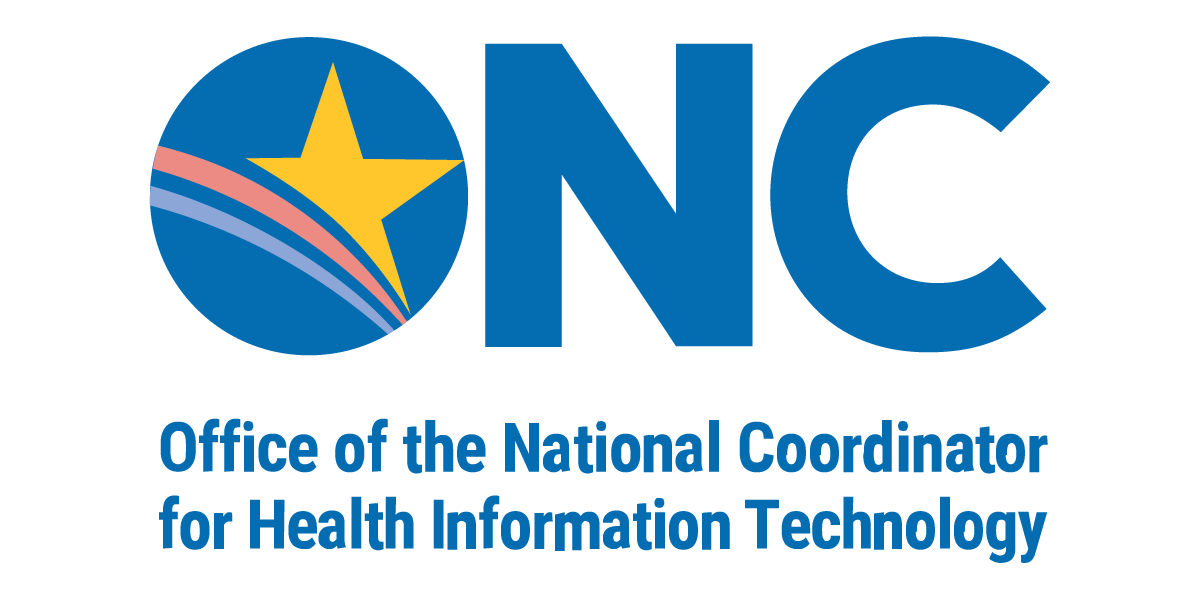The U.S. Department of Health and Human Services (HHS), through the Office of the National Coordinator for Health Information Technology (ONC) and its Recognized Coordinating Entity® (RCE™), The Sequoia Project, Inc., announced today that Common Agreement Version 2.0 (CA v2.0) has been released. The Common Agreement establishes the technical infrastructure model and governing approach for different health information networks and their users to securely share clinical information with each other – all under commonly agreed-to rules-of-the-road.
News & Updates
There has been significant progress in interoperability among providers for treatment purposes, and while there is still considerable work to do, we now need to broaden our scope to also focus on payer-provider interoperability. The Interoperability Rules finalized by our colleagues at CMS have laid down important cornerstones, and we at ONC are continuing to explore complementary infrastructure and policies to advance those efforts.
This episode of Enabling Health Value showcases the National Coordinator for Health IT, Micky Tripathi. He leads the Office of the National Coordinator for Health IT (ONC) – a staff division in the Office of the Secretary for HHS responsible for advancing the federal government’s health IT efforts and catalyzing adoption of secure, interoperable health IT systems across the entire health ecosystem. In addition to his formal role running ONC, Secretary Becerra has tasked Micky with co-leading HHS’ efforts in AI. Prior to joining ONC in January 2021 as our nation’s health IT czar, Micky spent twenty years in the private sector working on EHR implementation, interoperability, and data analytics.
The HTI-1 Final Rule introduces groundbreaking transparency requirements for AI and predictive algorithms used in certified health IT. With ONC-certified health IT supporting the care delivered by more than 96% of hospitals and 78% of office-based physicians, this regulatory approach will have far-reaching effects on the healthcare industry. EHR/EMR vendors must now ensure that clinical users can access a consistent, baseline set of information about the algorithms they use to support decision-making. This information will help users assess algorithms for fairness, appropriateness, validity, effectiveness, and safety (FAVES).
This National Minority Health Month, the U.S. Department of Health and Human Services (HHS) is highlighting its commitment to health equity for all. Achieving health equity requires a systemic change in health care. We need to make sure that communities that have been historically underserved, under-resourced, marginalized, or adversely affected by persistent poverty and inequality have equal access and experiences with their health care.







